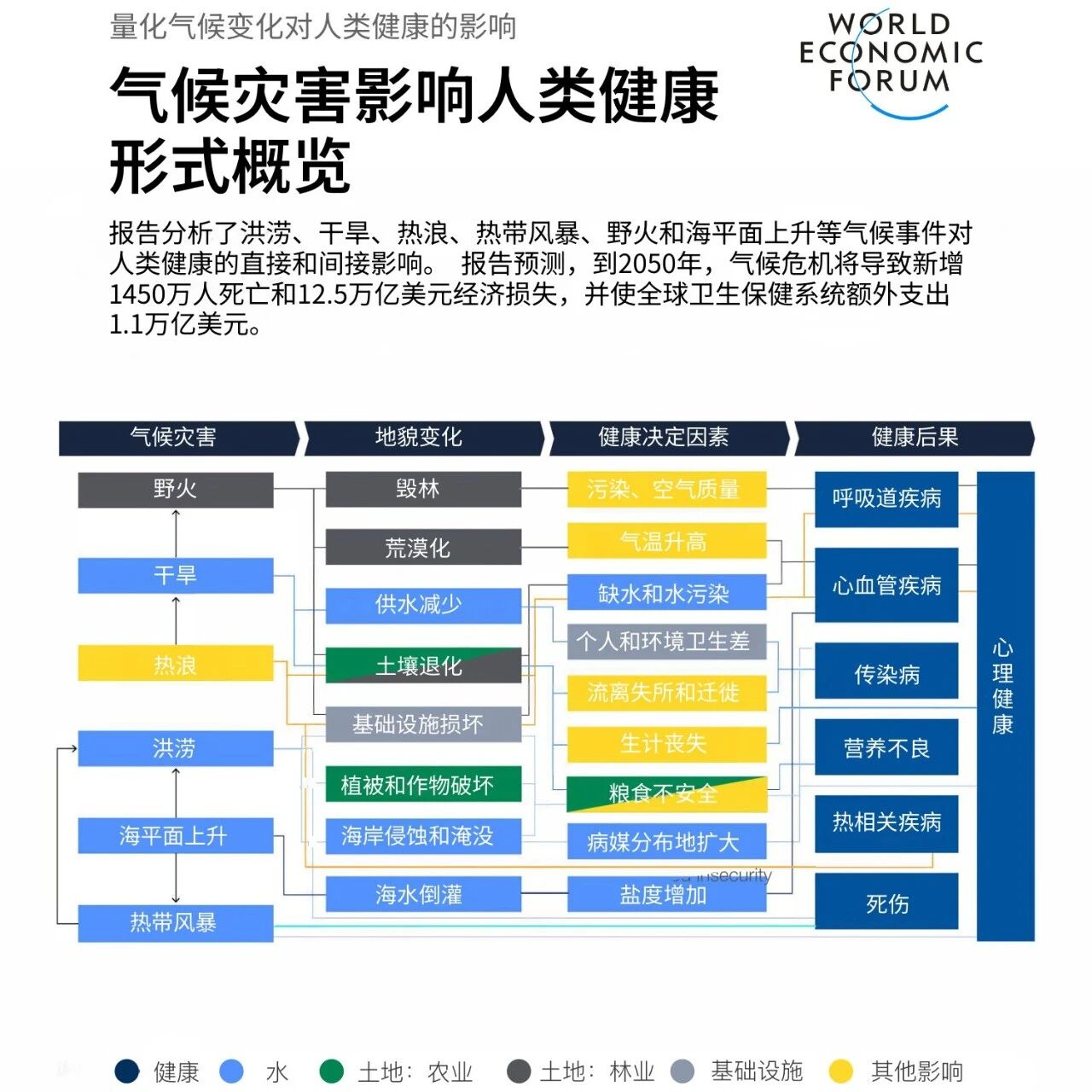

Hybrid care combines personalized mental health treatment with technology support.
Image source: Photo by [email protected] on Unsplash
Hannes Klöpper
CEO of HelloBetter
Over 970 million people worldwide are struggling with mental health disorders.
Hybrid care combines structured digital care pathways with person-centered treatment, bridging the gap between accessibility and personalization.
This revolutionary treatment approach leverages the scalability and data richness of digital technology platforms while seamlessly integrating the deep expertise and empathetic insights of healthcare professionals.
Global mental health is at a critical juncture. Over 970 million people worldwide suffer from mental health disorders, and by 2030, the associated economic losses are projected to exceed $16 trillion. Meanwhile, healthcare systems across countries are grappling with severe workforce shortages.
The OECD predicts that by 2030, the ratio of working-age people to retirees will drop from 3:1 to 2:1, further straining already overburdened healthcare resources. Accompanying this trend are the rapid advancement of technological innovation, ongoing political crises, and the increasingly severe impacts of climate change. While digital innovations continue to emerge in abundance, the real challenge isn’t whether we “need more technology”—but rather how we can seamlessly integrate digital scalability with deep human-centered approaches.
Relying solely on digital technology won't achieve the desired results.
Many people still believe that face-to-face psychotherapy remains the best option. It fosters trust, offers deeply personal care, and strengthens interpersonal connections. However, this therapeutic approach is resource-intensive and, in many countries or regions, often expensive or difficult to access.
On the other hand, while fully digital mental health apps can be scaled up for widespread use, many of these applications struggle to maintain user engagement or fail to accommodate the complexities of individualized treatment processes. International organizations such as the World Health Organization and the OECD have both highlighted that the global treatment gap continues to widen. Hybrid care models—by integrating structured digital care pathways with human-led therapeutic interventions—effectively bridge the divide between "accessibility" and "personalization."
The Future of Hybrid Care
Increasing evidence is supporting this hybrid model. A recent study from Cambridge University found that video-based cognitive behavioral therapy is just as effective in alleviating symptoms as face-to-face CBT.
A feasibility study involving European university students revealed that, after six weeks of a blended intervention, depression scores significantly improved. Students received brief therapy sessions via video conferencing each week, combined with app-based cognitive-behavioral therapy exercises, leading to moderate to substantial reductions in depressive symptoms. This marks the next stage in transforming healthcare: it’s no longer just about integrating technology into care—but rather reimagining the entire care system around continuous, dynamic interactions between digital tools and human support.
Let’s look at a case: A patient participating in a hybrid care program has started treatment for persistent anxiety. She’s using a digital health app on her smartphone to manage her therapy. Throughout the process, she regularly meets with her therapist. In addition to these sessions, a AI-powered digital coach is available online 24/7. Through this coach, she can share her thoughts and feelings—or seek extra guidance on concepts introduced during therapy or exercises discussed with her therapist.
An AI coach will handle both voice and text inputs, generating useful summaries for therapists to reference—and ensuring that the next session builds directly on the patient’s self-reported progress. This fosters an ongoing dialogue between the app, the AI coach, and in-person therapy sessions.
Large-scale promotion of hybrid care
To responsibly scale up hybrid care models, systems require secure, real-time data streams, user-friendly interfaces, and highly skilled professionals with AI literacy. Governments worldwide must act without delay. In 2020, Germany’s DiGA Act for the first time established a reimbursement pathway for prescription digital therapies.
South Korea is closely following, while other countries such as Belgium, France, and Austria are also exploring viable mechanisms. The AI-COA pilot program launched by the U.S. Food and Drug Administration (FDA) represents a promising starting point. However, overall, regulation continues to lag behind innovation. Fair design, diverse training datasets, and market access anchored in randomized controlled trials and real-world evidence should become the new standard.
Stepping Out of the Clinic: The Societal Impacts
Mental health care doesn’t begin at the clinic. With the help of smart prompts, digital check-ins, reminders, and self-guided reflection exercises, the journey to recovery can start earlier—and anxiety levels can be reduced along the way. And when data clearly shows that progress is indeed being made, it further fuels motivation. Hybrid care models are reshaping how people think about mental health: it’s no longer just about seeking help during crises—it’s now about proactively nurturing mental well-being, much like we do to maintain physical health.
Artificial Intelligence and Human Collaboration: Enhancing, Not Replacing
Artificial intelligence has the potential to significantly enhance the early detection and personalization of mental health care, and in the long term, it will enable technology to deliver immediate support.
Research shows that combining heart rate variability (HRV), voice, and even electroencephalogram (EEG) data can lead to more accurate identification of mental stress. For instance, integrating ECG/HRV signals with EEG readings achieves an accuracy rate of up to 95% in distinguishing between high-stress and low-stress states.
While artificial intelligence can identify patterns and suggest interventions, it may lack the relational context and ethical judgment that human professionals bring to the table. That’s precisely why a "human-AI collaboration" framework is essential. AI gathers signals and proposes actionable insights, while therapists tailor these recommendations to the patient’s unique circumstances—and ultimately take full responsibility for the care, ensuring a treatment process that is both optimal and personalized.
2030 Mental Health Vision
By 2030, hybrid care should enable personalized support for remote areas, while reducing per capita treatment costs and minimizing dropout rates through engaging, tailored programs. Early intervention will become possible thanks to early warnings from physiological signals, empowering patients to better understand their own patterns and take control—while also allowing therapists to focus on more complex cases. The result? A more resilient system, faster care responses, and greater autonomy in daily life.
What needs to be done next?
To fully unlock the potential of hybrid care, we need structural support. This means:
Establish a reimbursement mechanism for hybrid treatment models;
Provide research funding to help companies demonstrate the effectiveness and cost-efficiency of innovative models;
The public and private sectors are jointly funding early-stage technology development to further enhance the ability of biosensor technology to detect emotional states.
Pragmatic AI and data protection regulations that focus equally on both data—and the people themselves;
Promoting interoperability standards and regulations like the European Health Data Space, enabling healthcare professionals, researchers, and patients to more easily access, share, and leverage real-world data.
Hybrid care is not a compromise—it's a revolutionary approach to treatment. At its core, it combines the scalability and data-driven insights of digital platforms with the deep expertise and compassionate human touch of dedicated professionals, paving the way for a new era in mental health care.

The above content represents the author's personal views only.This article is translated from the World Economic Forum's Agenda blog; the Chinese version is for reference purposes only.Feel free to share this in your WeChat Moments; please leave a comment at the end of the article or on our official account if you’d like to republish.
Translated by: Sun Qian | Edited by: Wang Can
The World Economic Forum is an independent and neutral platform designed to bring together diverse perspectives to discuss critical global, regional, and industry-specific issues.
Follow us on Weibo, WeChat Video Channels, Douyin, and Xiaohongshu!
"World Economic Forum"


